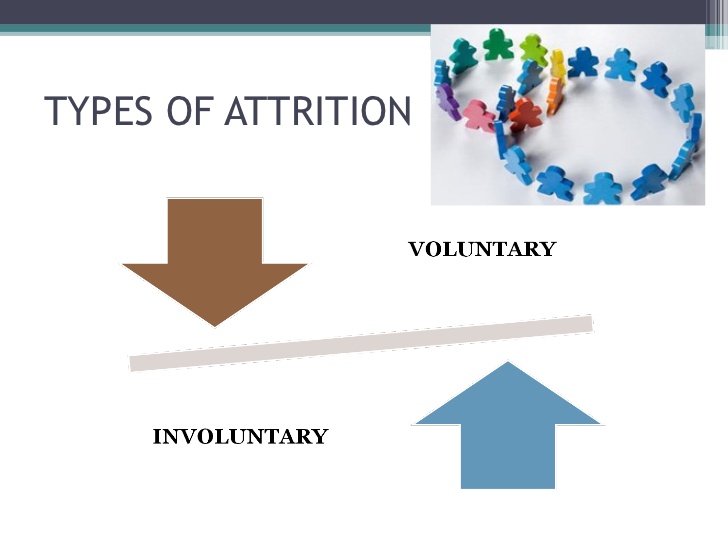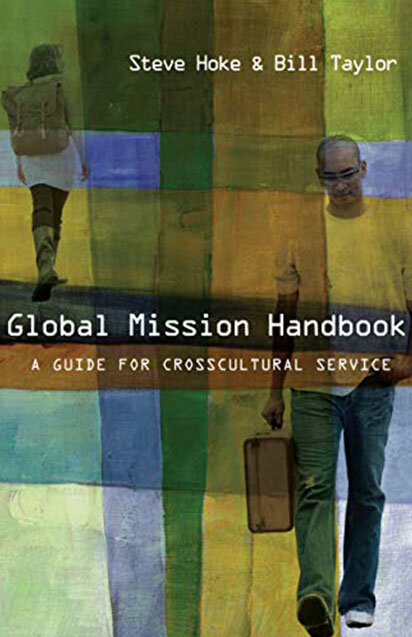Part 3: On attrition, Humpty Dumpty, words and categories
The wisdom of Humpty Dumpty
I’m reminded of some thoughts that come from a discussion held a long time ago between Alice and Humpty Dumpty on the meaning of words.
“When I use a word”, Humpty Dumpty said, in rather a scornful tone, “it means just what I choose it to mean — neither more nor less.”
“The question is,” said Alice, “whether you can make words mean so many different things.” “The question is,” said Humpty Dumpty, “which is to be master — that’s all.
Alice was too much puzzled to say anything, so after a minute Humpty Dumpty began again. “They’ve a temper, some of them — particularly verbs, they’re the proudest – adjectives you can do anything with, but not verbs – however, I can manage the whole lot of them! Impenetrability! That’s what I say!”
“Would you tell me, please,” said Alice, “what that means?”
“Now you talk like a reasonable child,” said Humpty Dumpty, looking very much pleased,
“I meant by ‘impenetrability’ that we’ve had enough of that subject, and it would be just as well if you’d mention what you mean to do next, as I suppose you don’t mean to stop here all the rest of your life.”
“That’s a great deal to make one word mean,” Alice said in a thoughtful tone. “When I make a word do a lot of work like that,” said Humpty Dumpty, “I always pay it extra.”
“Oh!” said Alice. She was too much puzzled to make any other remark. (Carroll 1987: 106, 109)
And that’s the way I some times feel about the term “attrition”. It’s a valuable word, but do we pay it extra to mean more than it means? Perhaps so. Perhaps not. During the 90’s the WEA Mission Commission team carefully examined this issue, nationally and globally, comparing what we called Older Sending Countries” with “Newer Sending Countries”. The follow-up study, led by a different team, examined carefully issues related to attrition in light of agency and church best practices.
One discovery was that the term, around the globe where it was being analyzed, had become a weighty and valuable one, with enormous meaning and expanding implications. So we ended up with this working definition:
We define attrition in its broadest sense as departure from field service by missionaries, regardless of cause. However, our prime concerns related to attrition themes speak to the causes of premature or painful departure from field service. We discovered major attrition variants between Newer Sending Countries (NSC) and Older Sending Countries (OSC).
Categories of attrition
We can understand “acceptable” attrition that comes from normal retirement, issues related to children (although some of these are a cover for parental unresolved conflicts), a legitimate change of job, health problems, political crisis, contract conclusion. The first four were the top reasons for North American missionary attrition, though there are others. Generally the Western mission movement is an aging one, contrasted with the chronological youth of the non-Western movement.
There are attrition causes we feel are “preventable”, such as lack of home support (financial, prayer, other), problems with peers, personal concerns, lack of call, poor cultural adaptation and a cluster of others that came up in our research. It was these that we felt could be dealt with prior to field service as well as during field service.
Then there’s attrition that should happen but doesn’t! The fact is that some missionaries stay who should leave, and the sadness is that their staying makes some of the best people leave. Not all attrition is bad. It can be a healthy thing to send missionaries home who should not be allowed to stay on the field. But this requires courageous, pro-active leadership from the agency or responsible church. It also points out a major structural problem faced particularly in sending agencies.
Most mission agencies (whether churches, denominations or independent societies) keep going and apparently relevant, based on the number of live missionary bodies…and their finances. So when a person comes with an apparent “call” to missions, the potential to raise support, and somehow fits in the mission agency, they tend to get in. And some cannot be removed!! We have seen this in too many cases. In my experience few leaders have the courage, and authority, to, essentially, remove these dysfunctional, toxic, un-gifted, but well-supported workers.
Fourth, there is that attrition that, though painful, is applied for the good of all and it’s the right and good thing. In some cases a missionary family will conclude this by themselves. A colleague was visiting some missionaries in Africa recently and found that the family had a copy of the book Too Valuable To Lose. To my friend’s surprise, they told him that reading the book had led them to face the obvious—they were not to stay on the field for a number of honest reasons.
The other side of this coin is when mission leadership acts wisely and boldly and brings/sends home a family. Regardless of how this takes place, the role of the “”flow of care” is crucial, with the sending society and home church taking the lead to ensure the best return and reintegration into a gainful vocation in the passport culture.
Finally, we discovered a new category, those vulnerable to attrition. Our original study in Australia discovered two vulnerable groups. One was the missionary wife who in her home culture had her known identity, her own skills and a personal vocation. But on the “field” the picture had changed radically. What and who she was then came under stress, especially if the mission culture and national church had a different understanding of a woman’s giftedness and spheres of ministry.
The second vulnerable group included people who expected to do a certain thing in mission service, but upon arriving found no such job description, or discovered that the promised job had been transferred to another or had been phased out without informing the home-based agency office and personnel.
Yes, both Alice, the insightful one, but also Humpty Dumpty were right. “That’s a great deal to make one word mean,” Alice said in a thoughtful tone. “When I make a word do a lot of work like that,” said Humpty Dumpty, “I always pay it extra.”
Attrition, a good word, a challenging word. And in our next posting, we will see how today’s radically changing mission landscape is changing the understanding of cross-cultural servant attrition.










